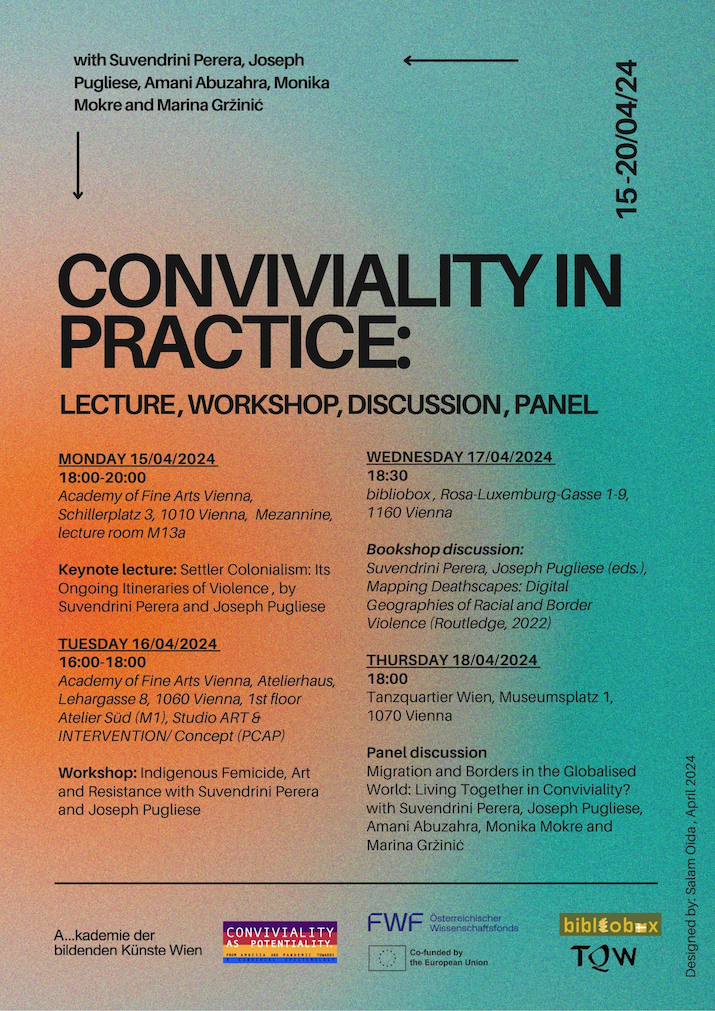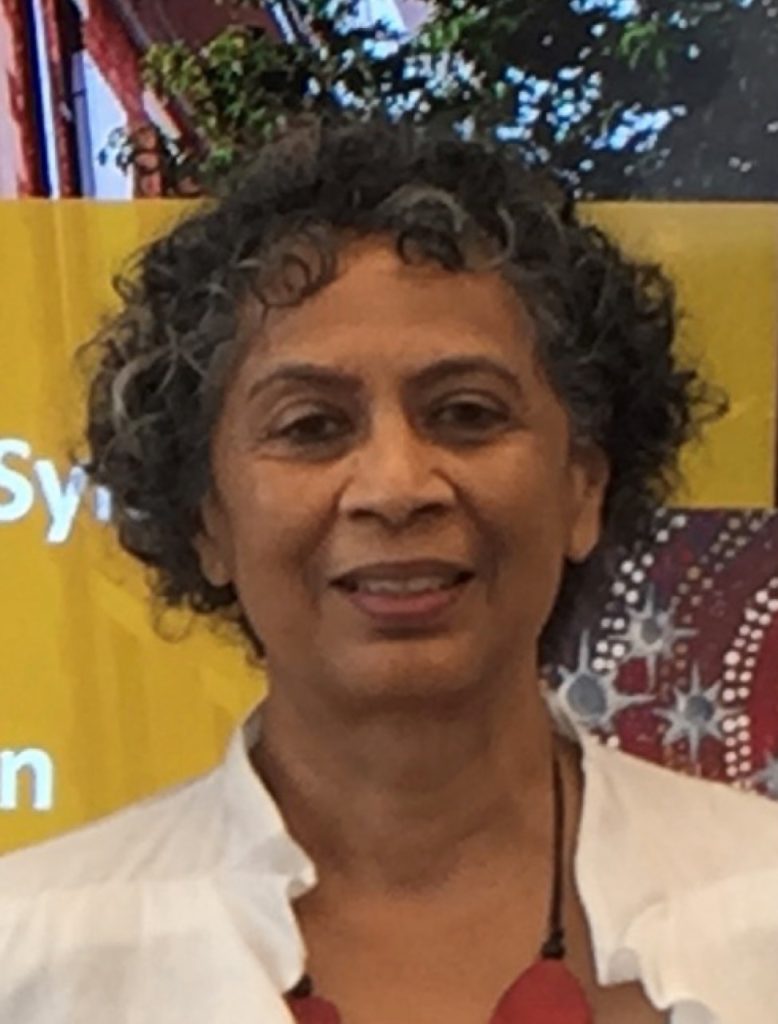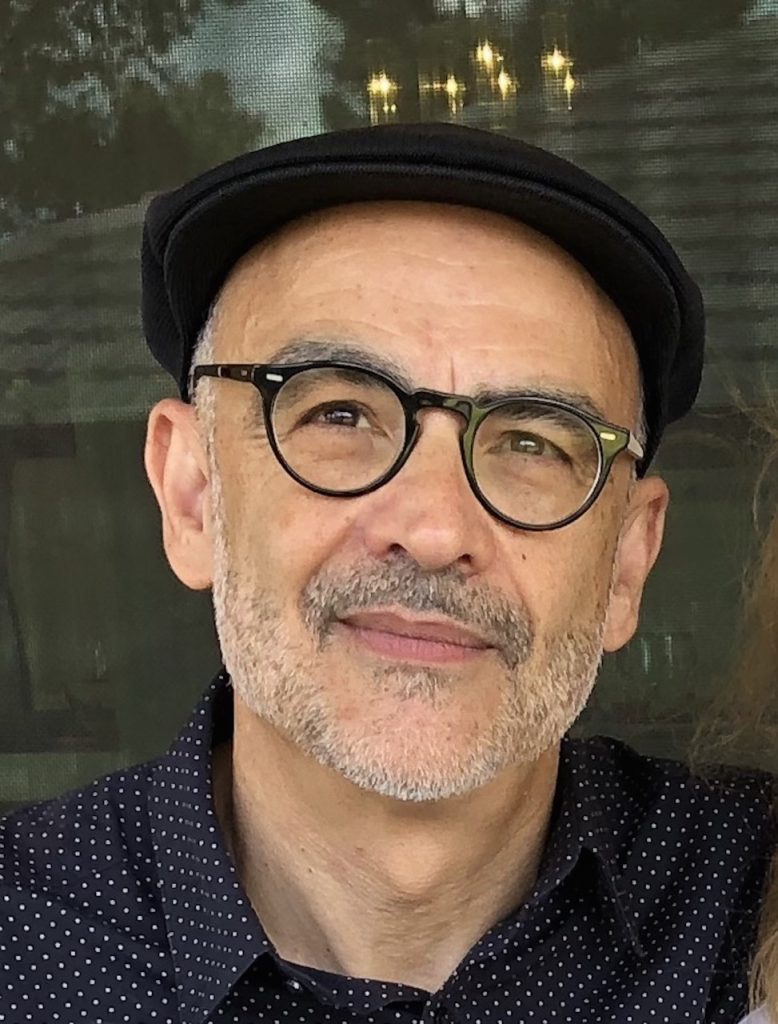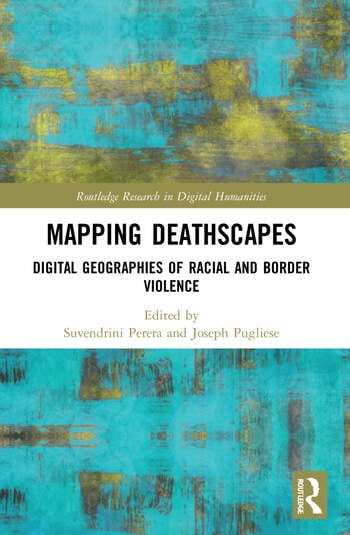CONVIVIALITY IN PRACTICE:
Lecture, workshop, discussion, panel.
Vienna, April 15-20, 2024

Program
15 April 2024
Keynote lecture
Settler Colonialism: Its Ongoing Itineraries of Violence
by dr. Suvendrini Perera and dr. Joseph Pugliese
WHERE: Academy of Fine Arts Vienna, Schillerplatz 3, Mezannine, lecture room M13a
WHEN: 18.00 to 20.00
In this lecture Emeritus Professor Suvendrini Perera and Professor Joseph Pugliese present an overview of their transnational research project Deathscapes: Mapping Racial Violence in Settler Colonial Societies (2016–2020). The project maps racialised deaths in custody and technologies of state violence across several settler states – and their points of origin in the European metropolis. What is distinctive about the research is its grounding of present-day anti-refugee and anti-migrant violence in the ongoing logics of the settler-colonial state and its foundational denial of Indigenous sovereignty.
Organized in the frame of the Erasmus + project and the Academy of Fine Arts Vienna. An event in the scope of Conviviality as Potentiality: From Amnesia to Pandemic towards Convivial Epistemologies (FWF AR 679, 2021–2025).
Suvendrini Perera is John Curtin Distinguished Emeritus Professor, Curtin University, Australia.
Joseph Pugliese is Professor at the Department of Media, Communications, Creative Arts, Language and Literature, Macquarie University, Sydney, Australia


16 April 2024
Workshop
Indigenous Femicide, Art and Resistance
with dr. Suvendrini Perera and dr. Joseph Pugliese
WHERE: Academy of Fine Arts Vienna, Atelierhaus, Lehargasse 8, 1060 Vienna, 1st floor Atelier Süd (M1), Studio ART and INTERVENTION/Concept (PCAP)
WHEN: 16.00 to 18.00
Workshop with Suvendrini Perera (John Curtin Distinguished Emeritus Professor, Curtin University, Australia) and Joseph Pugliese (Professor at the Department of Media, Communications, Creative Arts, Language and Literature, Macquarie University, Sydney, Australia) on Indigenous femicide, art and resistance.
Please note: The preparatory viewing consists of three items to watch or read in advance.
1. A feature film that is currently very much in the news, Martin Scorsese’s Killers of the Flower Moon. This can be streamed in full on many sites.
2. Say her name, a brief Canadian documentary by an Indigenous filmmaker, Rain. Available on YouTube.
3. The Deathscapes case study Indigenous Femicide and the Killing State. Available here. We will go through this site with the students. As they are Fine Arts Academy students we will focus on art as resistance.
17 April 2024
Bookshop discussion.
Suvendrini Perera, Joseph Pugliese (eds.), Mapping Deathscapes: Digital Geographies of Racial and Border Violence (Routledge, 2022)
WHERE: bibliobox (bookshop focusing on the representation of BIPOC literature), Rosa-Luxemburg-Gasse 1-9, 1160 Vienna
WHEN: 18.30

Suvendrini Perera (John Curtin Distinguished Emeritus Professor, Curtin University, Australia) and Joseph Pugliese (Professor at the Department of Media, Communications, Creative Arts, Language and Literature, Macquarie University, Sydney, Australia) will discuss the book Mapping Deathscapes: Digital Geographies of Racial and Border Violence.

18 April 2024
Panel discussion
Migration and Borders in the Globalised World: Living Together in Conviviality?
with Suvendrini Perera, Joseph Pugliese, Amani Abuzahra, Monika Mokre and Marina Gržinić
WHERE: Tanzquartier Wien GmbH, Museumsplatz 1, 1070 Vienna
WHEN: 18.00

Border regimes and processes of marginalisation counteract forms of convivial coexistence in different ways in neoliberal nation states, at present as well as in the past. What can be done about this? Which strategies can be used to boost conviviality in this context? And what does it take to make living convivially possible within different societies in the first place?
Suvendrini Perera, Joseph Pugliese, Amani Abuzahra and Monika Mokre will discuss these and other questions on conviviality in a transcontinental panel discussion. Chaired by Marina Gržinić.
An event in the scope of Conviviality as Potentiality: From Amnesia to Pandemic towards Convivial Epistemologies (FWF AR 679, 2021–2025).
Suvendrini Perera is John Curtin Distinguished Emeritus Professor at Curtin University, Australia. Her previous books include: Survival Media (Palgrave, 2017), Australia and the Insular Imagination (Palgrave, 2009) and Reaches of Empire (Columbia University Press, 1992). With Sherene Razack she co-edited At the Limits of Justice: Women of Colour on Terror (Toronto University Press, 2014).
Joseph Pugliese is Professor of Cultural Studies at Macquarie University, Australia. His previous books include: Biometrics: Bodies, Technologies, Biopolitics (Routledge, 2010), State Violence and the Execution of Law: Torture, Black Sites, Drones (Routledge, 2012) and Biopolitics of the More-Than-Human: Forensic Ecologies of Violence (Duke University Press, 2020).
Amani Abuzahra, who holds a doctorate in philosophy and is an author, is one of the best-known speakers on the topic of anti-Muslim racism in Austria. Her research and lecturing activities have taken her to the USA, Finland, Italy, Switzerland, Germany and the University of Istanbul. She is currently a postdoctoral researcher at the Sigmund Freud University in Vienna. Her latest publication: Ein Ort namens Wut (K&S Verlag).
Monika Mokre is a political scientist and senior scientist at the Institute of Cultural Studies of the Austrian Academy of Sciences. She teaches at several universities in Vienna. She is politically active in the areas of asylum, migration and prison. Relevant recent publications: Liberation knowledge as a research program. Thinking with Heinz Steinert (Westfälisches Dampfboot, 2022; co-editor), The city as a site of solidarity (transversal 2021; co-editor).
Marina Gržinić is a doctor of philosophy and works as a professor at the Academy of Fine Arts Vienna. Marina Gržinić has published numerous articles, essays and several books and has been a video artist in the field of political film for 40 years. She is currently leading the research project Conviviality as Potentiality (FWF AR 679) with her research team Dr. Sophie Uitz, Dr. Jovita Pristovšek, Dr. Araba Evelyn Johnston-Arthur, Asma Aiad, MA, and Anahita Neghabat, MA.



Thanks to: Mag. Angelina Kratschanova, BA, EMBA, Head of International Office, Academy of Fine Arts Vienna, Prof. Suvendrini Perera, Prof. Joseph Pugliese, Dr. Amani Abuzahra, Dr. Monika Mokre, bibliobox, Tanzquartier (Anna Leon).